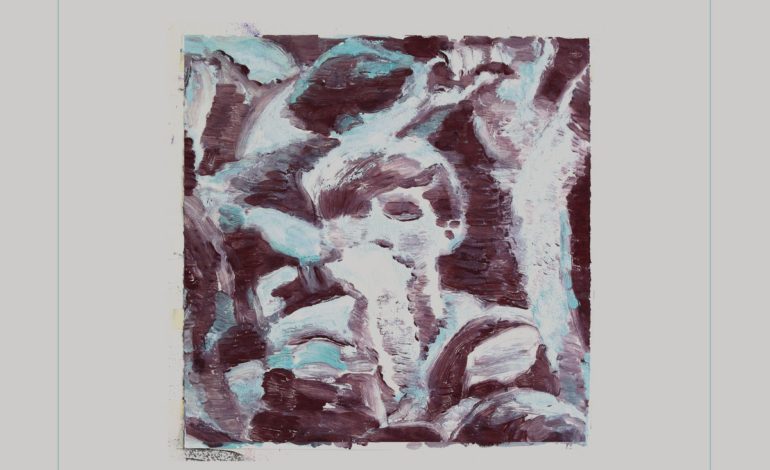

A nostalgic and thematic release after an extended hiatus
After a nearly ten-year absence from music production, folk-rock band Midlake has released their new album, For The Sake of Bethel Woods. With its complicated rhythms and signature sound, Midlake presents a complex image. Although Midlake does not expand its boundaries, For The Sake of Bethel Woods solidifies the band’s return. The album tackles heavy themes of nostalgia and memory, some that reflect a more personal look at the band’s journey from hiatus. For The Sake of Bethel Woods prides itself on its beautiful, romantic lyrics and warmer vocals.
The album opens with “Commune,” which almost acts as an acoustic version of the following songs. “Commune” sets the tone for the rest of the album with its themes of misdirection. For a band with such a cult-like following, they are not afraid to hone their skills on this album. The rhythmic nature of the band reaches new heights, with “Bethel Woods” providing a fascinating drumline within the first few seconds of the song. The dialogue between the piano and drums is airtight and engages interest with its stripped-back vocal performances.
“Exile” showcases perhaps the most powerful lyricism on the album. “Exile” creates a sense of fear and desperation with the experimental use of trumpets in the refrain and references to Eden. “Exile” is a fascinating combination of sensory details in the song that makes it stand out as one of the album’s strongest performances. The album’s themes of misdirection and loss are unique with their experimental elements but stay true to the rest of the album.
Perhaps it’s in their longer, more grandiose songs such as “Noble” that Midlake finds their footing most soundly. Despite its lengthy runtime, not a moment feels wasted or unnecessary. It is a beautiful work, with a softer, gentler introduction that grows larger throughout the song. The use of many instruments in the outro is a personal favorite of the entire work, as it has a sense of organization, of coming together, despite the more desperate and disparate lyrics that precede it.
When For The Sake of Bethel Woods appears to slow down, it speeds up. “Gone” focuses on a more rock-leaning, driven beat that captivates from its first riff. “Gone” creates an otherwordly vibe with its excellent vocal performance and electronic instrumentation that almost sounds like a horror track. The use of electronic elements fuses well with the other rhythmic qualities of the song. The rhythmic chops of Midlake are truly on display throughout the song’s runtime.
For The Sake of Bethel Woods closes on a beautiful note, with a personal favorite of the entire album. “Of Desire” has a somber tone but does not try to overwhelm with instrumentation in its sparse opening. Instead, it creates a quieter feeling that does not showboat and remains true to the album’s themes.
“Of Desire” satisfyingly concludes For The Sake of Bethel Woods for its ability to contextualize previous songs on the album. In the song’s final moments, there is a feeling of achievement and understanding that powerfully cements the album’s vision. For The Sake of Bethel Woods is a rewarding and powerful work of art that cements Midlake’s return from a ten-year hiatus.
